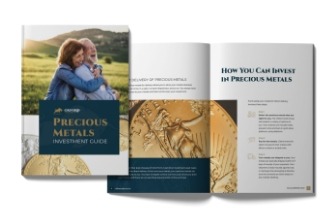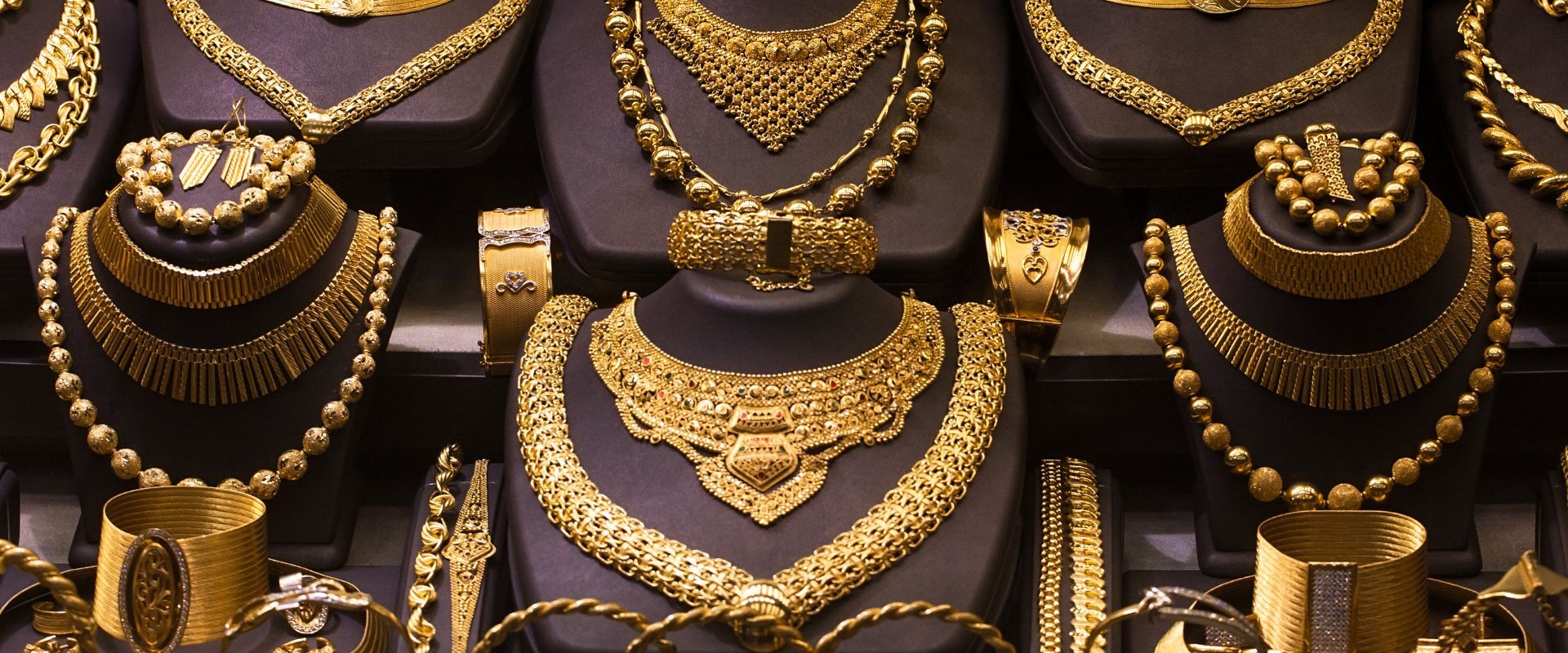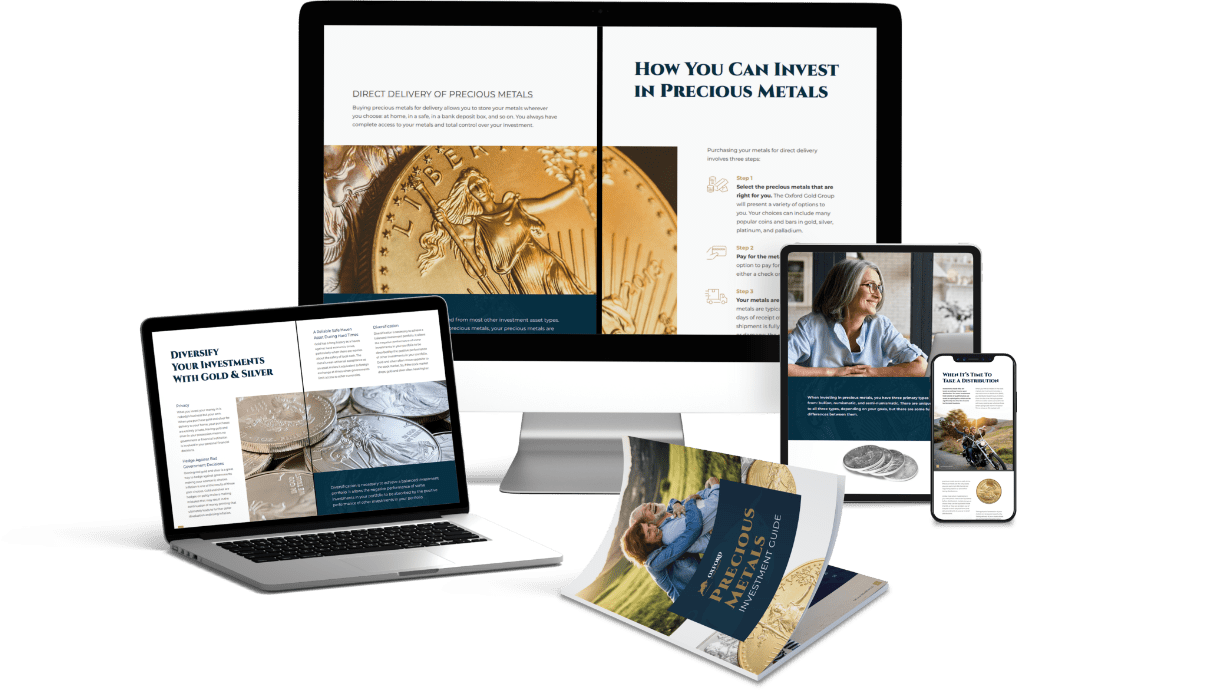A shortage of COVID-19 respirator masks, then a shortage of toilet paper, an economic shutdown, and now a shortage of coins? We’ve been nickeled and dimed with extra expenses during the coronavirus pandemic, but now even those nickels and dimes appear to have vanished.
Even cashless society advocates are scratching their heads. If people are using less cash, then why is the demand for coins outstripping supply?
News of the shortage came straight from the top: Federal Reserve Chairman Jerome Powell. Powell’s announcement was made during a June 17 virtual hearing involving the Fed chief testifying before the House Financial Services Committee.
Powell said, “With the partial closure of the economy, the flow of coins through the economy has gotten all – it’s kind of stopped.”
Powell continued, “The places where you go to give your coins, and get credit at the store and get cash – you know, folding money – those have not been working. Stores have been closed. So the whole system has kind of, had come to a stop. We’re well aware of this. We’re working with the Mint and we’re working with the reserve banks, and as the economy reopens, we’re seeing coins begin to move around again.”
Powell attempted to put a positive spin on the news, saying, “We all don’t want to wake up to headlines in the near future such as ‘Banks run out of money.’ We feel like we are making progress.”
Rep. John Rose (R.-Tennessee) didn’t take the news lightly. Rose retorted, “In a time when pennies are the difference between profitability and loss, it seems like it might be a bigger concern than the announcement from the Fed would indicate that it is.”
The coin shortage of the 1960s was partially (and unjustly) blamed on coin collectors pulling too many coins from circulation. This time the shortage can be blamed on the coronavirus coupled with unanticipated demand for bullion American Eagle coins by an increased number of precious metal investors.
Employee safety has been paramount throughout the pandemic.
U.S. Mint Director David J. Ryder said, “My commitment to the health and safety of the Mint workforce is unwavering and continues to be my highest priority. These are challenging and unprecedented times, and decisions on Mint operations are made with the best interests of Mint employees first and foremost.”
The pandemic forced the closing of the West Point minting facility on April 15. This directly impacted the availability of precious metal bullion, collector and gold commemorative coins.
At that time U.S. Mint spokesman Michael White said, “Due to the increasing number of COVID-19 cases in Orange County, New York, and out of an abundance of caution, the United States Mint has temporarily suspended production at the Mint facility at West Point. The Mint will resume production once it is deemed prudent to do so.”
The U.S. Mint failed to satisfy demand between 1959 and the late 1960s. Part of the problem was circulating silver composition coins at a time when the spot price of their metal composition was greater than was their face value. Half dollars were falling out of favor with the public regardless of their metal composition. The Treasury cautioned two large business chains not to proceed with their own privately issued scrip as the shortage continued. A new Philadelphia Mint facility opened in 1969, with the San Francisco assay office striking coins for circulation as well. Fiat coinage replaced specie in circulation, eventually alleviating the shortage.
It will take increased production to “mint” our way out of this shortage. On June 17 the Federal Reserve Bank notified local banks that the pandemic had “disrupted” coinage. The Mint’s ability to ramp up production had been slowed as the Mint began implementing ways to protect employees from the coronavirus infection. As the Mint moves towards increasing production, the Fed announced it will limit the number of business strike coins that will be sent to banks, “to ensure a fair and equitable distribution of coin inventory.”
Coin collectors are not being blamed for the current coin shortage, but collectors are being impacted. The Mint’s customer care representatives, as with so many other working people nationwide, have been working from home or other remote locations since March. Since that time, the only way someone can purchase coin products is buying them online. Telephone calls and over-the-counter sales are out. A Mint spokesman was unable to suggest a date when either of these two services will resume.
According to the Federal Reserve Bank of San Francisco website, “The Federal Reserve System operates 28 cash processing locations in the United States, providing U.S. currency and coin to financial institutions domestically and around the world. Banks in the United States order currency and coin from the Federal Reserve (Fed) and deposit excess bank notes back with the Fed.”
The U.S. Department of the Treasury website adds, “Banks are usually first to feel the impact of the public’s demand for cash. To meet the needs of the public, banks turn to their regional Federal Reserve bank for coins and currency when their supplies are low.”
The Treasury website explains deliveries as well: “Armored carriers usually transport ten-cent coins, quarter-dollar coins and half-dollar coins, while tractor-trailer trucks transport one-cent coins and five-cent coins.”
Numismaticnews.net Posted on June 24, 2020 by Richard Giedroyc








